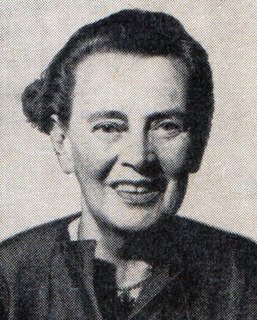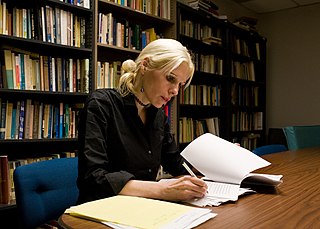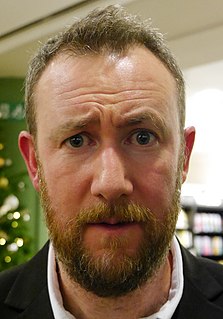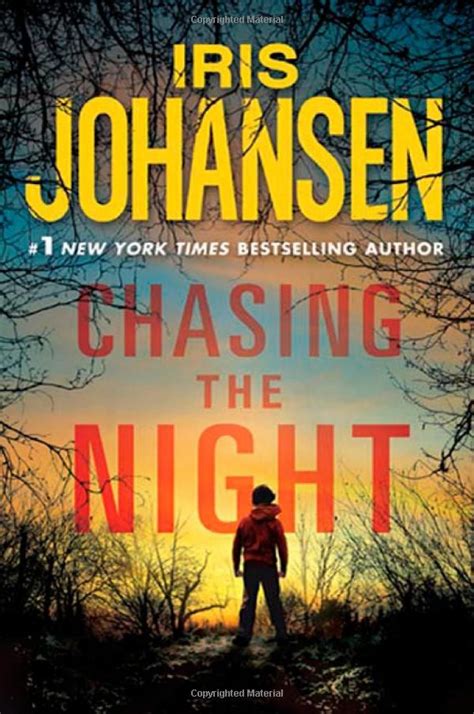A Quote by Andy Rooney
Most of us end up with no more than five or six people who remember us. Teachers have thousands of people who remember them for the rest of their lives.
Related Quotes
Teachers who have plugged away at their jobs for twenty, thirty, and forty years are heroes. I suspect they know in their hearts they've done a good thing, too, and are more satisfied with themselves than most people are. Most of us end up with no more than five or six people who remember us. Teachers have thousands of people who remember them for the rest of their lives.
The rest-the vast majority, tens of thousands of days-are unremarkable, repetitive, even monotonous. We glide through them then instantly forget them. We tend not to think about this arithmetic when we look back on our lives. We remember the handful of Big Days and throw away the rest.
We organize our long, shapeless lives into tidy little stories...But our lives are mostly made up of junk, of ordinary, forgettable days, and 'The End' is never the end.
A cruel joke has been played on us. We are fated always to remember what we learned but never to recall the experiences that taught us. Who can remember being born? Yet, it is possible to speculate that anxiety has its roots in this experience, that dread of abandonment, fears of separation, intolerable loneliness go back to this moment. Who can remember being cared for as an infant? ... Who can remember being toilet-trained? ... Who can remember the attachment which developed to the parent of the opposite sex? ... We cannot remember but what we have forgotten lives on dynamically.
Most people assume that folks with amazing mental abilities were born this way and that they operate on a plane that's inaccessible to the rest of us. But nothing could be further from the truth. For more than a decade, I've studied people with uncanny abilities - card counters who can beat the house, self-taught artists, people who can remember an unbelievable amount of information. Here's the thing: These weren't innate skills - they were acquired.
My ex-husband has been one of my best teachers, and I believe that the areas of our life and the people in our lives that present the most problems to us - they really are our best teachers. They're teaching us lessons that we have to learn anyway, and if we don't accept the lesson from them, there will just be another teacher to step in and take their place.
If somebody does a task really badly, then that's better for us than if they do it really well. We always tell people when they get back to the green room after doing a task that they've cocked up, 'You've actually really won that task, because people remember them more than the geniuses.' No one likes the clever people.
Perhaps extreme danger strips us of all pretenses, all ambitions, all confusions, focusing us more intensely than we are otherwise ever focused, so that we remember what we otherwise spend most of our lives forgetting: that our nature and purpose is, more than anything else, to love and to make love, to take joy from the beauty of the world, to live with an awareness that the future is not as real a place for any of us as are the present and the past.
It may be that to eat and be eaten are the same thing in the end. My wisdom tells me that this is probably so. We are all made of the same stuff, remember, we of the Jungle, you of the City. The same substance composes us-the tree overhead, the stone beneath us, the bird, the beast, the star-we are all one, all moving to the same end. Remember that when you no longer remember me, my child.
We're trained to believe we should cling to one person only. Yet there are so many people who pass in and out of our lives. Good people, worth people, interesting people. Most of them stay for a little while and then move on. Some of them find a place with us and, if we let them, they enrich us. Don't close yourself off from the rest of the world, Eve. If you find someone who can make you understand a little more, laugh every now and then, give you a new experience, then never feel guilty. You'll just have more to give back to those who are closest to you.
































